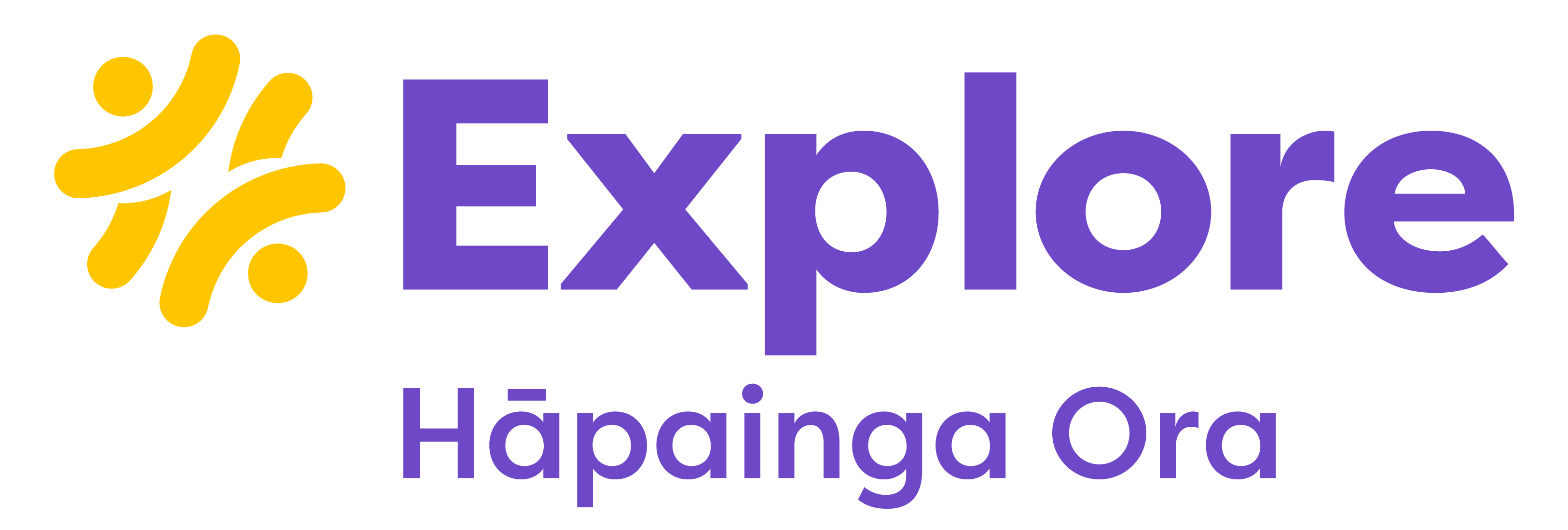Like all parents, you will be seeking the best possible learning experiences for your child. There are a range of educational supports available to you and your child. The Ministry of Education, Te Tāhuhu o te Mātauranga website offers a range of information and guidance on supporting Autistic children and young people, but for additional educational information and support, read on.
Pre-school years
Early Intervention Services (EIS)
Early intervention services give specialised support to parents, whānau and kaiako of children with additional learning needs. Early intervention services can be provided by Ministry of Education teams or by contracted Early Intervention providers. These specialists include: Early Intervention teachers, Kaitakawaenga (Māori cultural advisors), education support workers, psychologists, and speech-language therapists.
Child Development Services are usually accessed through your GP by a referral to a paediatrician. This service is delivered by a team of allied health professionals with expertise in physiotherapy, speech language therapy, occupational therapy, and psychology. They provide community-based support and will work with you and your child to support their achievement of development goals.
Autism Developmental Coordination support
In most regions there will be a Developmental Coordinator position, within the Child Development service. Sometimes referred to as an “Autism Coordinator”, this person provides a single point of contact for Autistic children and their families, and can facilitate access to appropriate support and therapy services.
Support for your child at school
Every child and young person in New Zealand has the right to an education. No child can be denied access to education because of their diagnosis or learning needs. This right is detailed in the Education and Training Act 2020.
Learning support refers to the additional support some children and young people need to engage and succeed in education. Each child’s needs are different and there are a range of supports available. To find information on the services you can access, head to the Ministry of Education (Te Tāhuhu o te Mātauranga) page: Students requiring learning support.
Professional resources for people supporting Autistic students
- The Incredible Years Helping Children with Autism is a six-session programme for teachers of Autistic children aged 2 – 5 years old.
- Tilting the Seesaw for Teams is a two-day course created by Autism New Zealand for mixed teams of family and professionals who are working together to support Autistic tamariki aged 5 – 12 years.
Finding the Right Kind of Support for your Child
Not all therapies and interventions are equal in terms of safety, cost, and effectiveness. When choosing an intervention, it is important to know:
a. is there quality evidence that it usually works?
b. is there quality evidence that it is usually safe?
The Aotearoa New Zealand Autism Guideline: He Waka Huia Takiwātanga Rau (‘the Guideline’) describes best practice on how to support autistic people in New Zealand.
Information or advice that differs from the Guideline
If the information in the Guideline contradicts advice or information you’ve received from other sources, you should:
- contact your health, child development, education, mental health, or other service provider as appropriate.
- seek personalised information and advice through Altogether Autism, an organisation that provides information about autism/takiwātanga to the sector on behalf of Whaikaha – Ministry of Disabled People.






